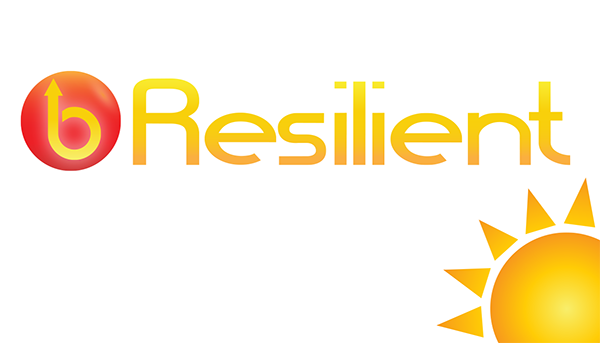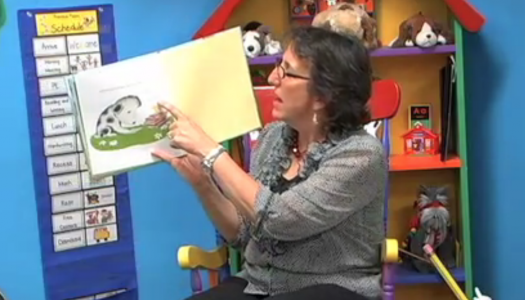
Kristin Ackerman
When I gave a direction to a nine-year-old recently, she said, “I’m not breaking the rules. I’m just making new ones.” I had two instant reactions: I appreciated the polite yet confident response. And I just wanted my direction followed. Luckily, this moment was really about a confident kid asserting her desire and it was something minor where I had the option to be flexible.
Classrooms are full of a wide range of personalities. Some of our students are cooperative and quick to follow our directions (bless these kind souls, they help set a tone and support our efforts). However, other students want to be a part of the decision making, want to lead, and want their voices to be heard.
- Since we are always working to identify students’ strengths to build a positive classroom community, we can choose to view the “rule makers” as strong, confident humans willing to make decisions. Giving these students opportunities to shine validates their worth.
- If we are willing to view the strengths of our “rule makers,” we can look for opportunities to allow them to make decisions. One of my students is a great technology problem solver. I have taught him how to pop up, help a peer out, and then get right back to work. This taps into his strengths and allows him to use them in a positive manner. Likewise, a colleague of mine allows one of her students to share a joke or a funny story once a week during morning meeting. The child gets to have her moment in the sun, but it is only a moment, and the teacher chooses the time and place. When we honor individual personalities, we build healthy, positive relationships.
- Some things simply are not negotiable. During dismissal, we are not going to allow a student to run into the street. (There is no flexibility when it comes to the possibility of getting hit by a bus!) When another child uses a disrespectful tone with a peer, we are going to model different tones to make students aware that how something is said is just as important as what is said.
We can celebrate individual personalities, creating a time and space for students to contribute to a classroom. Highlighting unique strengths sends the message that every human in the room is a valuable member of the class community. The work that we put into building a positive community is the solid foundation for all the academic growth we work toward. How can the “rule makers” in your room contribute to your classroom community?
News From The Daily CAFE
Using Read-Alouds to Reinforce Strategy Instruction







